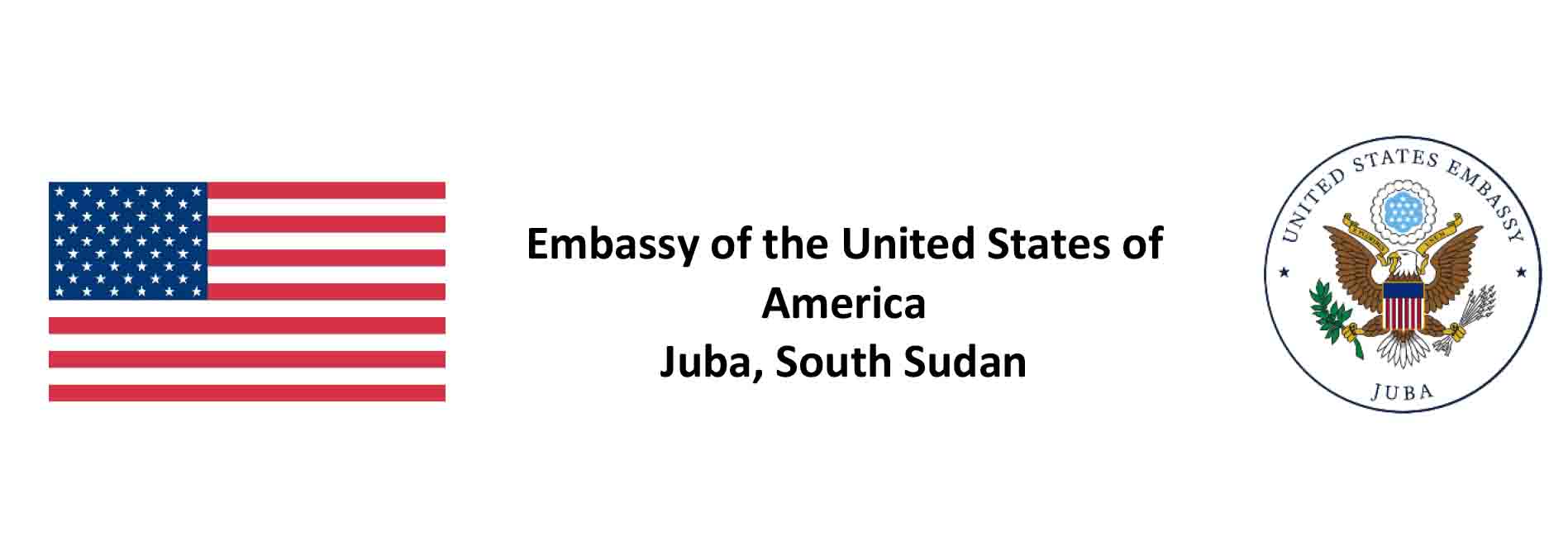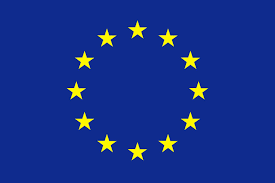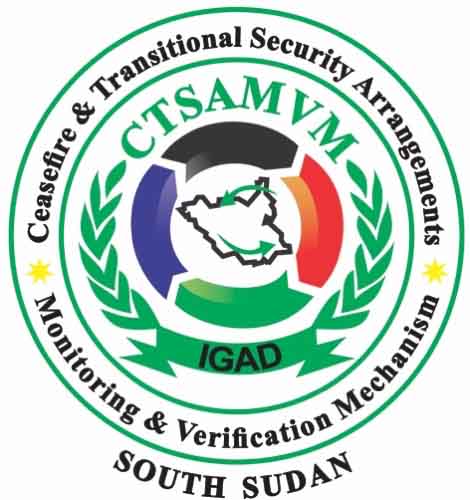

September 18, 2024
Ambassador Adler’s Statement at the September 18 RJMEC Extraordinary Session
The announcement of another extension of the transitional period marks the failure of South Sudan’s leaders to create the conditions necessary to hold genuine, peaceful, and inclusive elections.
We are deeply disappointed by this failure, because peace is our priority, and we are convinced that the best way to secure peace in South Sudan is by creating the conditions to hold such elections.
Despite significant international support, including identification of 10 key issues for decision related to elections by the UN, AU, and IGAD, South Sudan’s political leaders have collectively failed to create the conditions necessary for such elections to take place.
They have failed to make adequate public revenue available for electoral institutions, for security sector and civil service salaries, for basic services, or to mitigate the impact of humanitarian crisis.
Our question then must be what is the priority of South Sudan’s leaders? We renew our call on them to demonstrate that their priority is their country and their people’s well-being.
For while we recognize elections cannot be held this year because of leadership failures, we cannot in good conscience endorse this extension because we are not prepared to endorse a status quo that prioritizes the privileges of the elite over the welfare of the South Sudanese people; therefore, we abstain today.
Two years ago, after I abstained on the last RJMEC vote to endorse an extension of the transitional government, I told South Sudanese leaders I did so because we did not see any basis to believe that the 2022 extension would be different from the previous extensions, in which they had also failed to prepare for elections. I said that if they acted with urgency to demonstrate the political will to make the 2022 extension different, I would welcome the opportunity to say that our analysis was wrong and that they had found the political will to take the steps necessary to deliver the better future the South Sudanese people deserve. Unfortunately, we have seen nothing over the past two years that would justify my saying this.
It is the continued obligation of the transitional government to act with urgency to create the conditions necessary for genuine and peaceful elections, including expanded political and civic space, politically neutral security forces, funded and operationalized electoral institutions, and leaders’ public commitment to dialogue and rejection of violence as a tool for political competition.
All South Sudanese political leaders should take advantage of every available opportunity to advance an inclusive and lasting peace, including through talks in Nairobi and through leadership-level dialogue in Juba.
The U.S. relationship with the people of South Sudan is based on values, including peace, democracy, human rights, and a government responsive to its people’s needs, particularly with respect to transparent and appropriate use of public revenue. The nature of our relationship with the transitional government or any future government in South Sudan will reflect its commitment to these values.
We renew our call on South Sudan’s leaders to demonstrate this commitment without further delay. As put by my distinguished colleagues from IGAD and the United Nations, South Sudan’s leaders must act with urgency to end the perpetual cycle of continuous transition in South Sudan.


The European Union takes note of the announcement by the political leaders of South
Sudan to again extend the transitional period by 24 months.
We regret that another extension has become necessary and that the commitments
made by the political leaders to the people of South Sudan were not delivered upon
following the signing of the roadmap in August 2022 and a foreseen end of the
transitional period in February 2025.
The R-ARCSS was designed to guarantee sustainable peace for the people of South
Sudan, who have suffered from violence, insecurity and lack of rule of law for far too
long. It remains essential to preserve the integrity and validity of this agreement.
It is now incumbent on the political leaders to ensure that the people of South Sudan are
at last allowed to decide about their own future and that their aspirations are met. The
two extra years need to make a difference at last. They have to be used effectively to
implement the outstanding provisions of the R-ARCSS especially as regards a conducive
and safe environment for free, fair and credible elections and a permanent constitution
that reflects the will of the people. An important demonstration of political will be a
swift response to the 10 key issues identified by the UN, AU and IGAD more than a year
ago.
On Friday 13 September the Presidency “approved the measures recommended by the
High Level Standing Committee to ensure strict adherence to the implementation of the
adjusted timelines to accomplish the activities of the R-ARCSS/roadmap which are in
progress or outstanding.” We would like to know what this means in practice. After the
previous extension of the transition, we asked what is different this time. We pose the
same question again.
Regarding funding, we expect the Government of South Sudan to make a commitment to
use its own resources, including those from natural resources, to fund relevant
institutions. I refer to 8.1 (v) of the endorsement of the Parties to the R-ARCSS of 10
September, which states, “the bulk of funding must be internally generated”.
The EU keeps supporting the Tumaini Initiative as a mean to facilitate the
implementation of the peace agreement.
For the reasons stated above, the European Union abstains in the vote on the extension.


Opening Remarks by the Chairperson:
Dear Senior Party Representatives and CTC members,
IGAD Representative,
RJMEC Representative,
Defense Attachés,
CTSAMVM Secretariat,
Observers,
Media
Ladies and Gentlemen, Welcome to this meeting. I would like to express my sincere gratitude for your contributions to addressing the issues affecting the peace process in the Republic of South Sudan.
I am encouraged to note that the ceasefire continues to hold, as evidenced by the fact that we do not have a specific report to discuss today. This positive development is largely due to your shared commitment to the peace process.
However, we do have several updates that require our collective consideration.
Esteemed Senior Party Representatives, Ladies and Gentlemen, CTSAMVM is gravely concerned about reports of armed clashes between armed youth groups and SSPDF soldiers in Nassir County. To date, these clashes have reportedly resulted in death and wounding of individuals from both parties.
CTSAMVM senior liaison officers have been instrumental in clarifying the situation and have recommended a joint investigatory and mediation approach to reduce tensions. CTSAMVM currently preparing to deploy to the area to conduct an investigation and are in consultation with UN Air Operations to facilitate this movement.
CTSAMVM has been informed of the Necessary Unified Forces (NUF) deployment of eight military battalions as previously reported.
Additionally, CTSAMVM Monitoring Verification Teams (MVTs) have received unverified accounts of further NUF deployments to multiple locations. Witness statements included much encouraging and complimentary testimony regarding the conduct and impact of NUF forces. It is necessary to acknowledge and recognize the positive contribution of such deployments, and CTSAMVM welcomes the opportunity to do so.CTSAMVM urges that the positive impact of the National Unified Force deployments be reinforced with the necessary resources to enable a wider deployment footprint across the country. This approach would also create space within training centers to allow for the implementation of Phase 2 training. CTSAMVM will continue to liaise with the Joint Defense Board for confirmed updates on all NUF deployments. Moreover, CTSAMVM has not received additional information on the occupation of civilian areas since the last CTC meeting held on 18th July 2024. We will present the current verified status of occupations during the report.
Esteemed Senior Party Representatives, Ladies and Gentlemen, CTSAMVM's monitoring and verification activities continue to operate through the goodwill and financial commitment of our donors. The RJMEC plenary meeting on 8 August 2024 highlighted the increasingly competitive demand for donor funding and the budgetary constraints present across various security mechanisms underpinning the R-ARCSS.
Moving forward, CTSAMVM, like others, will have to operate within this dynamic donor environment and maximize operational output against available resources. This has regrettably led to a reduction in MVTs and a change in the previous operational model outlined in the IGAD letter to the principals dated 7 March 2024. As such, there is an increased shared responsibility among the MVTs that remain. CTSAMVM is committed to exploring all avenues to increase capacity and protect our ability to deliver on our mandate.
I urge our senior party representatives to engage in constructive dialogue that promotes operational monitoring and verification capabilities. We share a common goal to offer solutions that enable lasting peace in the country and a much-deserved peace dividend for the people of South Sudan.
With these remarks, I declare this CTC meeting open and invite Senior
Party Representatives to share their thoughts.
I thank you!